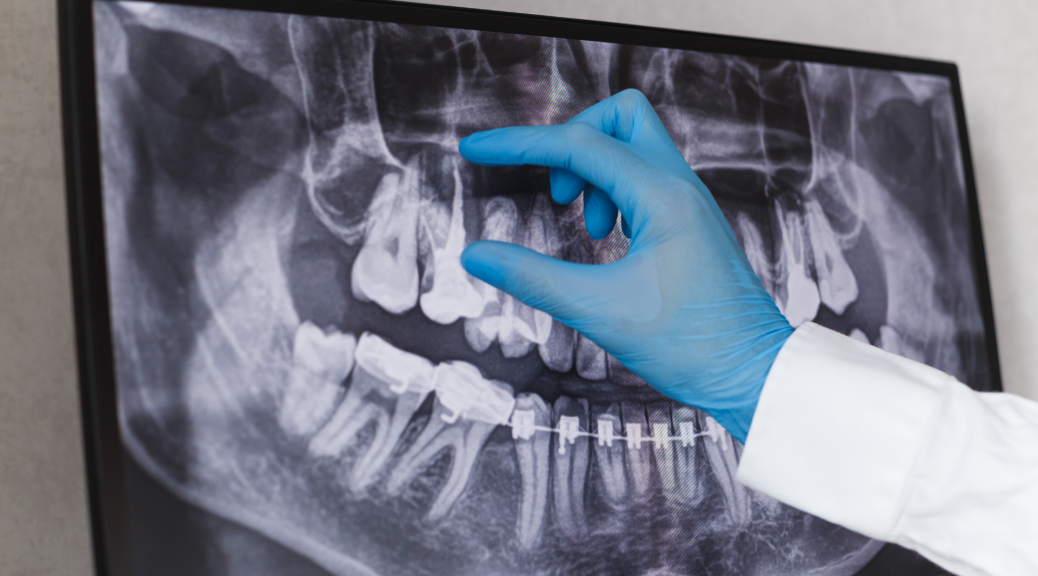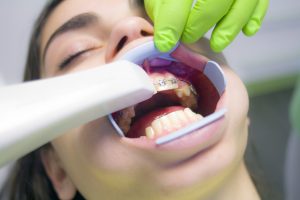According to the American College of Prosthodontics, 120 million Americans are missing at least one tooth. If you’ve experienced tooth loss, you might think you’re stuck with a gap in your mouth forever. Luckily, dental implants can help, and they’re a comfortable and secure way to replace your missing tooth or teeth. You might be a candidate for this restorative dentistry procedure if you’re missing one or more teeth, have a full-grown jawbone, and have healthy oral tissues.
What Are Dental Implants?
Dental implant surgery is one option for replacing missing teeth. Dental implants typically comprise three parts:
- Implant: This piece has a screw that serves as the root for your new tooth and is permanently attached to your jaw.
- Abutment: This permanent connector holds and supports the tooth or set of teeth. If needed, the dentist can remove this part.
- Crown: Also known as a prosthetic tooth, the crown is the part of the tooth you can see. It’s usually made from porcelain or zirconium, so it maintains durability and quality of appearance.
Why Would You Need Dental Implants?
The chief function of your jawbone is to support your teeth, so when a tooth is missing, the bone is no longer needed. The bone begins to atrophy and disintegrate, causing reabsorption and resulting in a sunken cheek appearance. Because the bone loss is permanent, you need a dental implant to replace this bone and serve as the new tooth’s roots.
What’s Involved With Dental Implants?
How the dentist performs the dental implant surgery depends on the type of implant you need, as well as your jawbone condition. You might end up with several procedures to ensure your new teeth remain secure. Because the implant supports your new teeth, the bone needs time to heal fully and tightly around the implant. As a result, the process might take several months to complete.
Dental implant surgery involves placing titanium implants into your jawbone to serve as the roots for your missing teeth. The titanium fuses to your jawbone so the implant won’t move, cause damage, or make noise the way dentures or bridgework might.
What’s the Difference Between Dental Implants and Dentures?
Dentures are prosthetic devices that support the surrounding hard and soft tissues left by your missing tooth. Complete dentures are used when you’re missing a majority of your teeth, while partial dentures are available if you still have some healthy natural teeth remaining. Dentures are removable and can be fitted in your mouth regardless of how much of your jawbone you have left.
When thinking about your budget, implants might seem costly, but that’s not necessarily the case. While the pricing for affordable implants depends on how many teeth you’re having replaced, the American Dental Association states you should expect to pay between $1,600 to $2,200 per tooth. A complete set of upper or lower dentures typically starts at around $1,600.
If you believe you’re a candidate for dental implants or want to learn more about the process, reach out to Carolina Family Dentistry. We can help you have confidence in your smile by replacing your missing teeth.









